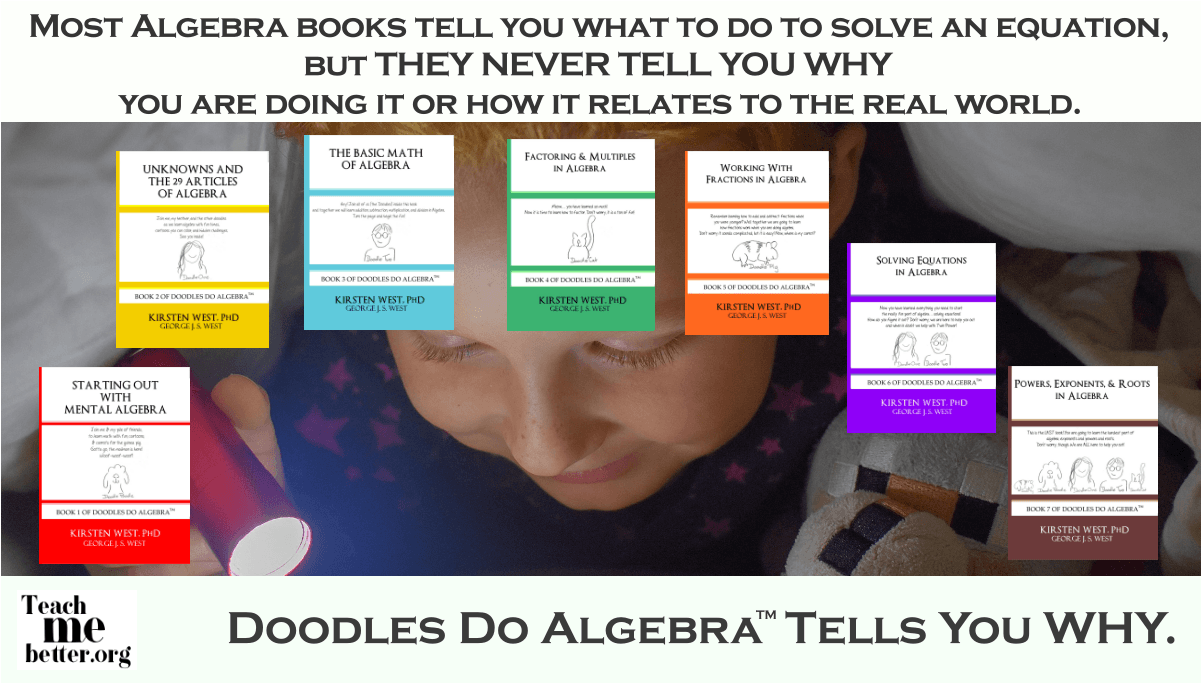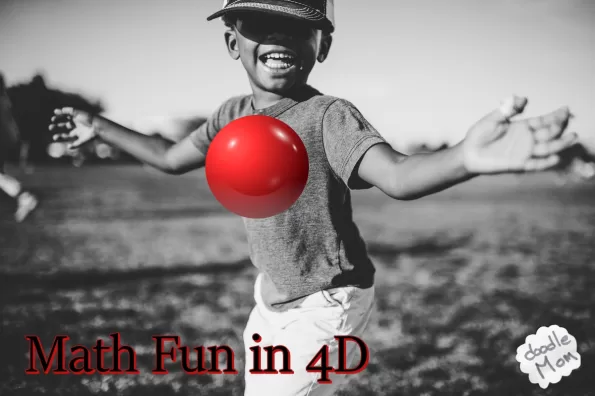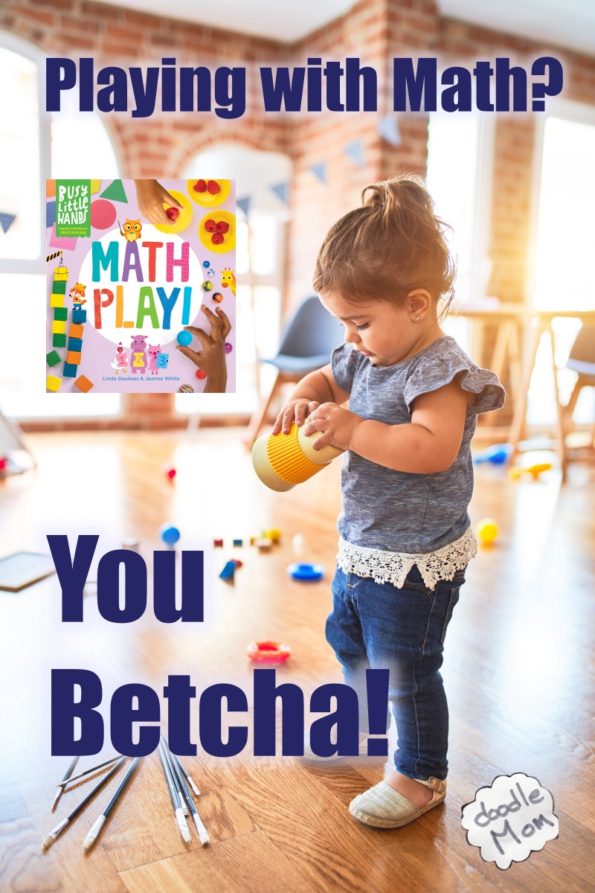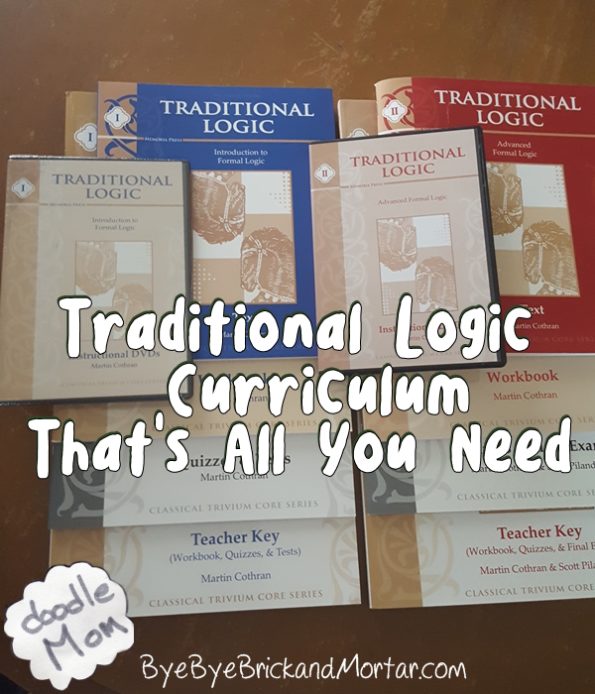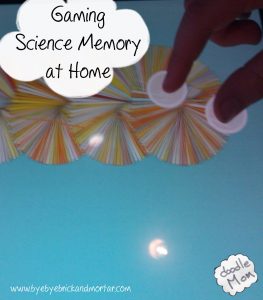 When I was a marine biology-aspiring college student in my first year of organic chemistry, I was stupid enough to ask the professor if he had a solid retention of all those reactions that he was assigning us to commit to memory on a weekly basis. His answer was equally un-smart: “No, of course not. I just look them up when I need them.” Not surprisingly, that was the beginning of a long slide from A to D in my organic chemistry coursework. In fact I ended up taking that subject 4 times over the course of three different college degrees and never managed to get back to an A.
When I was a marine biology-aspiring college student in my first year of organic chemistry, I was stupid enough to ask the professor if he had a solid retention of all those reactions that he was assigning us to commit to memory on a weekly basis. His answer was equally un-smart: “No, of course not. I just look them up when I need them.” Not surprisingly, that was the beginning of a long slide from A to D in my organic chemistry coursework. In fact I ended up taking that subject 4 times over the course of three different college degrees and never managed to get back to an A.
Very few people enjoy sitting down with a stack of flashcards to memorize a set of science facts. I spent hours and hours and even more hours at this task when I was youngish and attending college. Learning to memorize masses of facts for the purpose of regurgitation on the next exam may teach the skill of holding seemingly random facts in your memory long enough to answer seemingly random questions, but real-life science skills don’t match up to random fact memorization.
Granted, a few things in life really must be memorized otherwise you will spend your life trying to figure out how much 4 dozen eggs at $2 a pop will cost you using ‘common core’-esque techniques while previously homeschooled adults breeze through life easily.
Why is it that a child can have such trouble memorizing a few simple multiplication facts, or historical dates, but when given a pack of Pokemon cards, can have the entire lineage of each type of creature memorized complete with powers, skills, and weaknesses in the matter of a few hours? Because it is a game.
Game is a word that excites your mind. You mentally saddle up. You are excited inside. We are going to play a game. Now you begin to learn.
And so when you are trying to learn something or teach your children something that really needs a spoonful of sugar to go down, try making it a game.

